News
Govt closes schools for 5 weeks for Ramadan
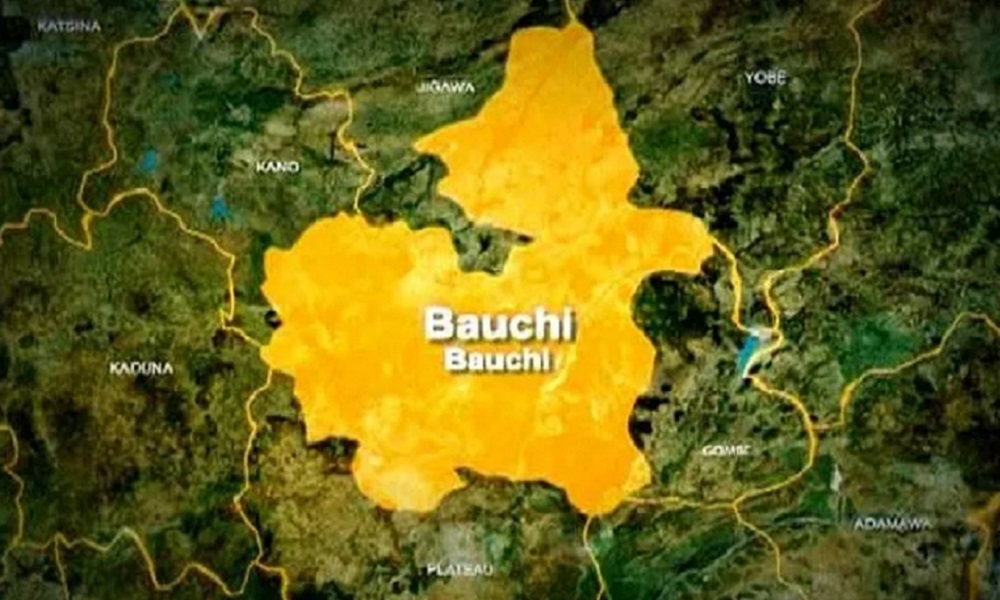
The Bauchi State government has declared a five-week closure of schools in light of the Ramadan observance.
In accordance with the directive, educational institutions will be closed from February 26, 2025, until the conclusion of Ramadan and the Salah celebration, with classes set to resume on April 5.
An official academic calendar obtained by SaharaReporters indicates that the second term of the 2024/2025 academic year commenced on January 5, 2025. The state government has chosen to split the term into two phases: the first phase lasting from January 5 to February 28, followed by a five-week break from March 1 to April 5, after which classes will continue from April 6 to April 29.
However, this directive has not been well received by private school owners, particularly those of Christian faith, who argue that due to the diverse student population, the government’s order should not deny all students access to education.
SaharaReporters’ findings revealed that in previous years, the state government also mandated school closures.
However, after interventions from education sector stakeholders, the government allowed schools to decide for themselves—permitting those that wished to close to do so, while others were allowed to remain open.
“This is not the first time the school will be ordered to close, we have had such case before and we set up a committee that liaised with the state education commissioner, who relaxed the order,” a source told SaharaReporters.
However, it was learned that the state government took a different approach this time, insisting that all schools must close during the Ramadan fasting period.
Unhappy with the government’s decision, particularly the controversial calendar that halts education for five weeks for Nursery, Primary, and Secondary school students, a group known as “Christian-faith based schools” in Bauchi has opposed the directive and is seeking intervention.
In a letter obtained by SaharaReporters, signed by Musa Bogoro Zakka—the immediate past Chairman of Private School Owners in Bauchi Local Government and the 2015 Bauchi State Chairman of the National Association of Private School Owners—the group appealed to the Christian Association of Nigeria to advocate on behalf of Christian students to the state government.
The letter reads, “We are writing on behalf of the Christian-faith-based schools in Bauchi State to bring to your attention to the implication of the Bauchi State Ministry of Education Academic Calendar 2024/2025 session for nursery/Primary and Secondary Schools which mandates all schools (private and public) to outrightly close during the Ramadan Fast, which begins from 1st March 5th April 2025.
“When we made an observation at the beginning, we were told that even CAN was part of the stakeholders who planned the calendar and we cannot be more Christians.
“However, as the days draw closer, the feedback from the Christian faith-based schools necessitates the request to have an audience with you and raise our concerns for a way forward.”
The group argued that staying at home for Five (5) weeks and resuming to conclude the term “will definitely affect the preparations of students towards external examinations (WAEC, NECO, and JAMB) since our syllabi may not be covered.”
They also noted that the “proposed calendar will surely damage the morals of students who are expected to return and start writing examinations, and continue another term without break for 14 weeks while teachers’ mark record and are still expected to discharge their duties simultaneously and seamlessly”.
The group also argued that the closure could harm peaceful coexistence between Christian and Muslim students in the state, as it might be seen as forcing all students to stay at home regardless of their religious affiliations.
They further accused the state government of discriminating against private schools, noting that tertiary institutions and civil servants were not required to suspend activities during Ramadan.
However, Musa Zakka, chairman of the Christian-faith based school owners committee, told SaharaReporters that the Christian Association of Nigeria (CAN) did not provide adequate support in their efforts to engage with the state government.
“We requested to meet with CAN but we were never granted an audience, we wanted to reach the state government through the Christian Association of Nigeria but we were not successful,” he told SaharaReporters.
Although the state government allegedly claimed that it consulted all religious leaders, including the Christian Association of Nigeria (CAN), before creating the calendar that grants a five-week break for Ramadan, the CAN chairman in the state, Abraham Damina, denied being consulted or formally informed about the school closure.
“I was not consulted, neither was CAN consulted. Nobody from the state government reached out to me, I was not informed of the plan,” he told SaharaReporters, insisting that CAN was not party to the process that led to the decision to shut down schools for five weeks.
He also denied any knowledge of the letter from the Christian-faith group protesting the government’s decision to close schools for five weeks.
When asked for his views on the matter, he declined to comment, stating that if he had been informed about the school closures, he would have contacted the relevant authorities before making any public statements.
Meanwhile, Musa Hardo, the Bauchi State Chairman for Private School Owners, defended the government’s decision.
“The decision was reached based on the academic calendar drawn by the government, and reached after consultation with different groups including religious leaders,” he said.
“If you say the five-week break is because of Ramadan and you are angry, what about during Christmas. Should children now say they would not go on break during the period too?”
He noted that the decision does not create an exception for anyone, as schools are required to shut down during the period specified in the calendar.
Hardo also asserted that the CAN chairman was invited to be a part of the committee that decided the school calendar.
While acknowledging that he was not present at the meeting himself, he mentioned that his secretary, who represented the association, reported that the CAN chairman was invited.
Bauchi State Government Threaten Schools with Sanctions
SaharaReporters has learned that the state government has been issuing threats to private schools, warning that failure to comply with the school closure mandate would result in sanctions.
In a circular sent to private schools by the head of private schools in the state ministry of education, it was stated that private schools must adhere to the government directive.
It reads, “I am directed to inform you that the official closing date of all Nursery, Primary and Secondary Schools in the State is Wednesday 26th February, 2025. All Private Schools must comply with the academic calendar.
“Although, the liberty of one week before or after, still stands (but with a concrete reason).”
“The Local Government Taskforce on Private Schools are instructed by the Ministry to forward the name of school(s) that refuse to comply, for further necessary action, please,” the statement noted.
Bauchi State Leads In Highest Number Of Children Deprived Of Education
SaharaReporters reviewed data from the National Bureau of Statistics’ multidimensional poverty index.
According to the data, 74% of children in the state have failed to achieve educational attainment, placing it among the top six states with the highest number of children facing educational failure.
The NBS data also indicates that the state has the highest percentage of children deprived of education, at 54%. This figure is significantly higher than the national average of 34% and surpasses even crisis-affected states like Zamfara (44%) and Borno (48%).
Checks by SaharaReporters reveal that states like Kwara and Sokoto have reduced the number of hours for academic classes due to Ramadan, although outright closures were not announced in these states.
SaharaReporters attempted to contact the Senior Special Adviser to the Bauchi State governor on media, Muhktar Gidado, but he did not respond to phone calls as of the time of this report.
Credit: SaharaReporters
News
Council poll: APC working on consensus candidates ahead of primaries

Lagos State chapter of the All Progressives Congress (APC) is working towards consensus candidates for the upcoming primary election scheduled for Saturday.
The move is part of the party’s efforts to maintain unity and reduce internal frictions.
Five aspirants emerged unopposed following the screening organised by the party.
The incumbent Chairman of Surulere Local Government, Sulaimon Yusuf; his counterpart in Iba Local Council Development Area (LCDA), Jubril Yisa; Motunrayo Alogba of Ijede LCDA and Kasali Bamidele in Lekki LCDA emerged unopposed. A new aspirant, Azeez Kareem, was the only person cleared to contest in Oto-Awori LCDA.
Chairman of the APC Lagos State Electoral Committee, Babatunde Ogala, SAN, in an interview with The Nation, disclosed that more aspirants had emerged unopposed following interventions from the party leaders.
He expressed optimism that many more aspirants would step down before the Saturday primary election.
“We are hoping to have at least 70 per cent consensus candidates going into the primary election. If we can achieve that, it will leave us with only 30 per cent to conduct primaries for,” he said.
According to him, the appeal committee, headed by Mr. Adeniji Kazeem, SAN, has been sitting for the past two days and has received over 100 petitions.
Ogala said the committee had treated over 70 of the petitions and would conclude their assignment today (Wednesday).
He explained that while the party had prepared for indirect primaries, involving delegates drawn from local government executives, efforts were ongoing at various levels to arrive at consensus candidacies in many wards.
He said electoral materials were being finalised for distribution by Saturday, with electoral officers already appointed to oversee the process in all 57 local councils.
Ogala said security had been fully arranged in collaboration with the police, DSS, civil defence and Lagos traffic officials to ensure order and smooth movement at the secretariats where the primaries were expected to take place.
According to him, the party is also scheduled to hold a key stakeholders’ meeting today with senior officials and aspirants to finalise agreements and chart the way forward.
News
$400m steel factory set to begin operations in Ogun
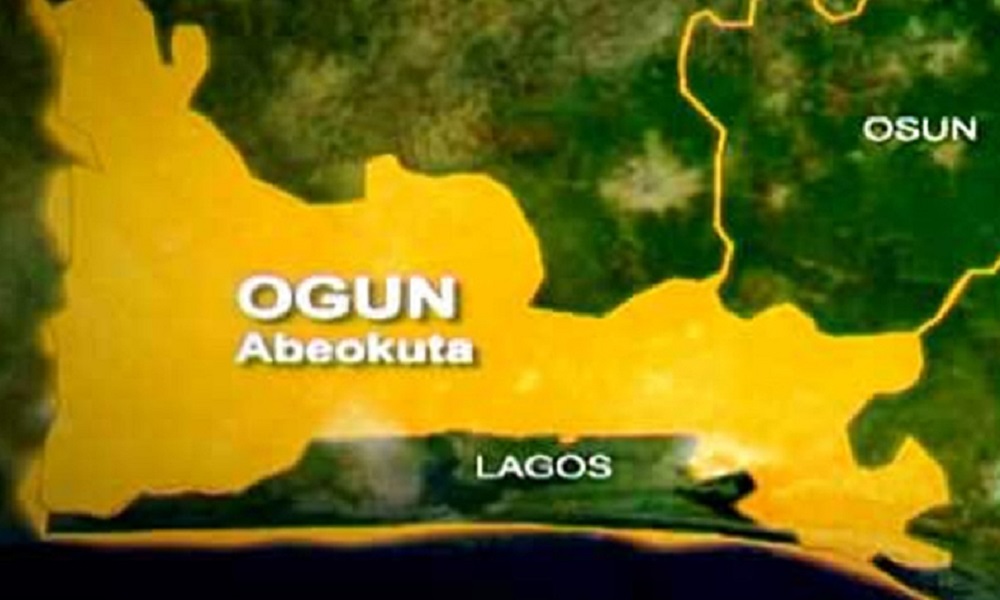
President of Inner Galaxy Group, Mr. Li Shuang, yesterday, disclosed that his company was ready to set up a $400 million hot rolled coiled steel factory with the capacity to employ about 6,500 direct and indirect workers in Ewekoro Local Government Area of Ogun State.
He made this known while leading a delegation of principal officials of the organization at the Governor’s Office located at Oke-Mosan, Abeokuta.
He added that the company is expected to commence operations in April 2026, saying the organization, a multinational company with vast investments in Asia, the Philippines, Malaysia, and some African countries like Ghana and Angola, entered the Nigerian market in 2005, producing iron rods for the building industry.
Governor Dapo Abiodun expressed delight in the huge investment, as he ascribed the success to his administration’s deliberate and intentional move to make the state the leading industrial hub in Nigeria and the West Africa sub-region.
“This is a $400 million investment; this aligns with the President’s vision to ensure that we grow this economy to a trillion dollars, and I think that you will be contributing your quota in achieving that. We are excited that you will also be employing people.
“I will be commissioning a multimillion-dollar diagnostic equipment facility during the week. This administration has managed to attract quite a lot of industries in the last six years,”
Abiodun noted that the state is blessed with abundant human and natural resources, adding that alluvial gold had been discovered in large quantities, just as the state has the highest quality of lithium.
News
Ndume backs Tinubu’s ban on foreign goods
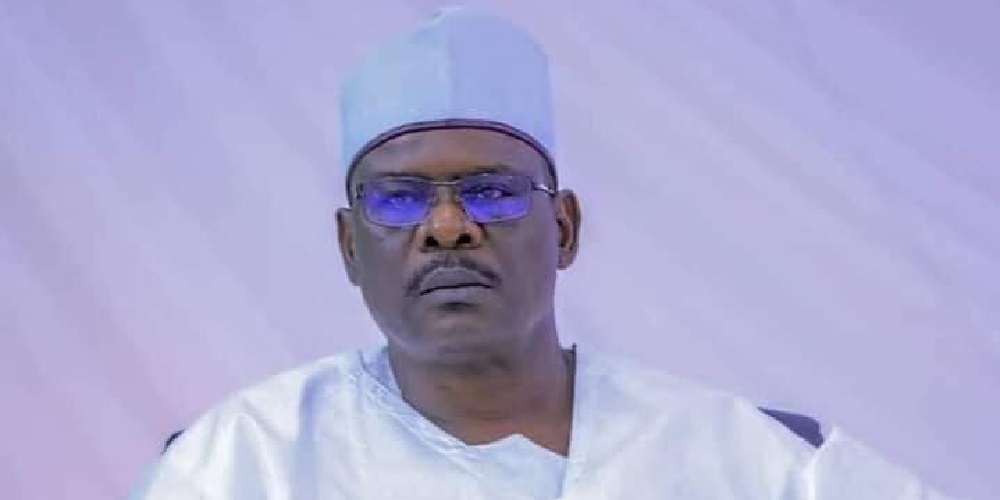
Senator Ali Ndume has applauded President Bola Tinubu’s decision to ban the importation of foreign goods that can be produced locally, describing it as a major incentive for indigenous manufacturers.
The ban was announced by the Minister of Information and National Orientation, Mohammed Idris, during a media briefing following Monday’s Federal Executive Council meeting in Abuja.
According to Idris, the policy is part of the administration’s broader “Renewed Hope Nigeria First Policy,” aimed at revitalising the local economy and boosting local content.
In addition to restricting imports, the Federal Government also announced tighter controls on the employment of expatriates, saying that going forward, foreign workers would only be allowed to take on jobs that cannot be executed by Nigerian contractors or artisans, unless expressly approved by the Bureau of Public Procurement (BPP).
Describing the move as a landmark decision, the senator who represents Borno South, said it would significantly strengthen local businesses, create jobs and reduce the pressure on Nigeria’s foreign reserves.
“It is heartwarming to hear that President Tinubu has taken this bold step to ban the importation of goods that can be produced within our borders. This is a major boost for indigenous businesses, especially at a time when our economy is struggling,” Ndume said in a statement yesterday.
He added that proper implementation of the policy would protect local manufacturers from being driven out by foreign companies flooding the market with cheaper, often substandard products.
“With stronger support for local industries, we will see more job creation for our youths, an increase in our Gross Domestic Product (GDP), and an appreciation in the value of the Naira due to reduced demand for foreign exchange,” he said.
Ndume also urged the government to go a step further by imposing steep taxes on select imported goods. “This will discourage the consumption of foreign products and encourage Nigerians to patronise locally made alternatives,” he said.
-

 Opinion16 hours ago
Opinion16 hours agoRIVERS, WIKE, FUBARA, AND THE WAY FORWARD
-

 Politics15 hours ago
Politics15 hours agoJust in: Delta PDP Reps members defect to APC
-

 News20 hours ago
News20 hours agoVDM may be released on Tuesday
-
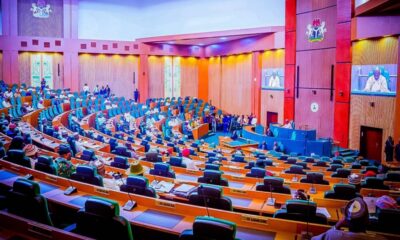
 News14 hours ago
News14 hours agoTension As Lawmakers Warns of Public Revolt Over Insecurity
-

 News17 hours ago
News17 hours agoNANS Barricades Lagos-Ibadan Expressway Over Alleged NELFUND Mismanagement
-

 News17 hours ago
News17 hours agoCourt bans Nnamdi Kanu’s in-law from 3 proceedings over live streaming
-
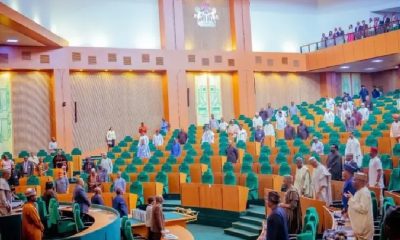
 News13 hours ago
News13 hours agoRep Raises Alarm After Deadly Attacks In Borno, Says Boko Haram Is Returning Stronger
-

 News12 hours ago
News12 hours agoEdo Speaker, Two Other Lawmakers, Formally Join APC

















